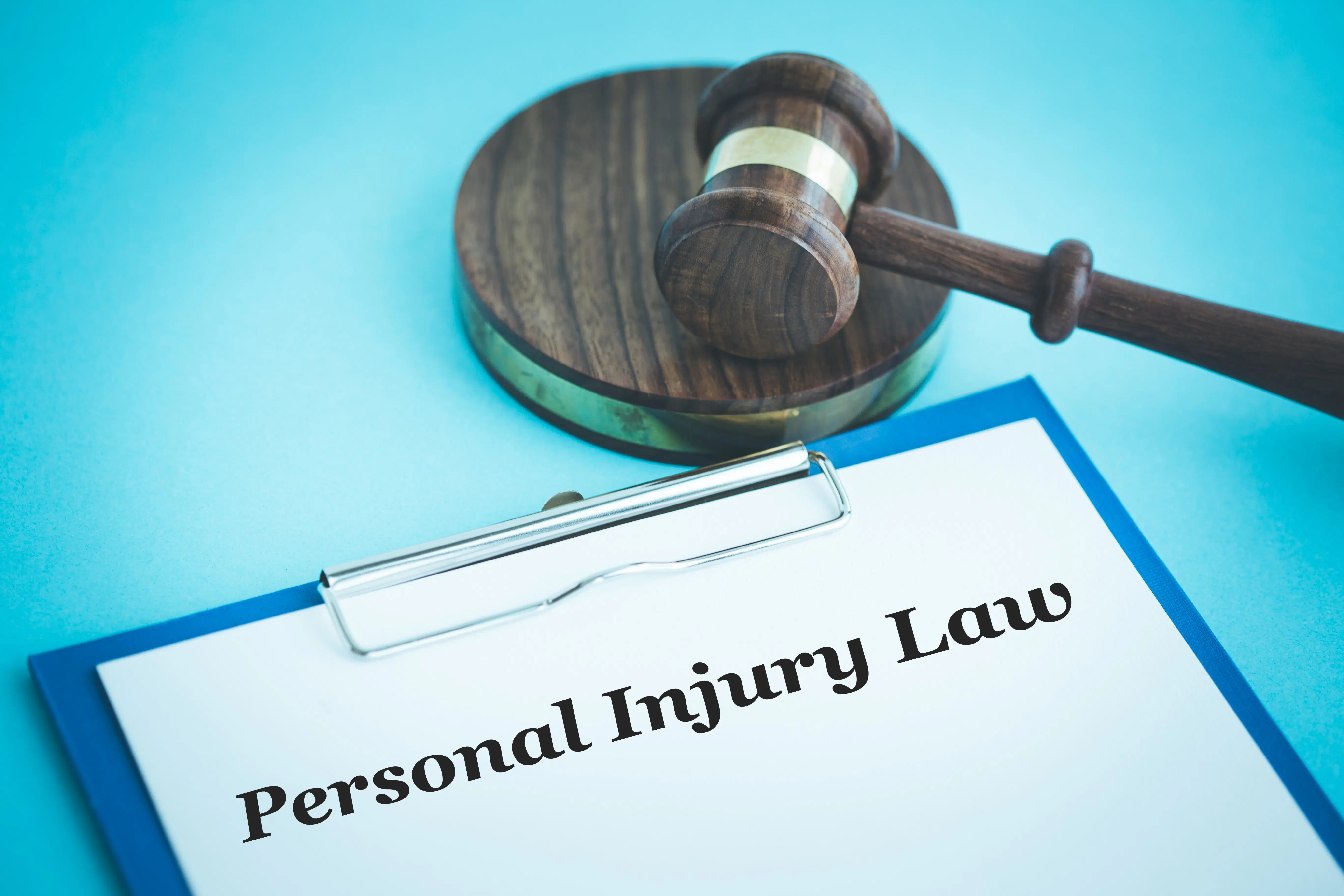Depending on the claim, there are some laws that will apply to your claim and will dictate how or whether or not you can move forward with your claim. Let’s take a look at some of the most commonly observed personal injury laws.
Time Limits on Connecticut Injury Lawsuits
In Connecticut, a statute of limitations is observed on personal injury claims. The term statute of limitations is used to describe how much time an individual has to move forward with a claim once the injury happens. After your injury has occurred, there is only so much time that can pass before you will no longer be allowed to file a claim on that injury.
In Connecticut, individuals have two years to file a claim for their injury. If you do not file a claim within two years, then you lose your right to get your case heard. There is also a statute of limitations depending on the type of claim you are filing. Generally, the statutes include the following
- Negligence claims, defamation claims, and wrongful deaths all fall under 2 years
- Assault and battery, strict liability, product liability all fall under 3 years
Time Limit For Claims Against a Government Entity
If your claim is against a government entity then you have a stricter statute of limitations to adhere to. Claims against government entities must be filed in your city or state within six months of the injury occurring. Additionally, your State’s Claims Commissioner needs to receive your claim against the government entity within one year.
Comparative Fault in Connecticut
Comparative fault in Connecticut refers to the reality that when people file a claim against an individual or entity and are seeking compensation in their claim, the individual or entity will fight back and argue that that person is partially responsible for their injury occurring.
This reality of personal injury lawsuits is remedied through a “comparative fault rule“. The comparative fault rule either eliminates or reduces the damages presented in the claim. This only happens however if the person who was claiming that they got injured is found to have played a role in their injury occurring, to begin with.
Under comparative fault, a percentage will be ruled in your favor and in your defendant’s favor. For example, if you were found to be 10% at fault for the injury and the defendant is 90% responsible for your injury occurring, the comparative rule would limit damages up to that percentage point. If you were awarded damages at the conclusion of your claim, then your award would be decreased by whatever percentage was deemed to be your fault for the injury taking place.
Car Insurance Laws in Connecticut
Because personal injury lawsuits involving car injuries are the most common in Connecticut, it’s important to understand the rules around them. Connecticut is what is considered a “fault” state. In a fault state, people who suffer from an injury due to a vehicular accident have a couple of options to choose from. They can do the following:
- Move forward with the claim and file it through their own auto insurance.
- File a claim through the other driver’s auto insurance.
- Move forward with a personal injury claim and file a lawsuit through the court system.
Liability for Dog Bite and Attack Cases
Although it’s not one of the most common types of personal injury claims, individuals could be held liable if their dog bites another individual. In many states across the nation, the “one bite rule” is observed. The one bite rule means that dog owners will typically not be held liable for any injuries their dog may cause someone if it is their first time biting that individual. This rule is especially applied when the dog is not deemed to be dangerous.
In Connecticut however, there is a specific statute that deviates from this nationally accepted one bite rule. This statute stipulates that dog owners are strictly liable for any injuries they may cause another individual. Regardless of that dog’s previous behavior, their perceived level of danger, and other factors, if a dog bites another individual the dog owner is liable for any injury sustained. The statute explains in part,
Speak to an Experienced Law Attorney Today
If you are searching Google for attorney near me, personal injury attorney near me or divorce attorney near me contact the Law Offices of Keith Anthony at (860) 333-6455. Attorney Keith Anthony can help you navigate thru this process, step by step and is open to assist you. If negotiations fail we can arrange mediation of your disputes. We can help you make agreements that can be filed with the court.




